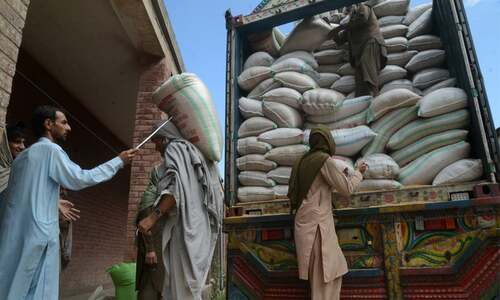EVER SINCE Covid-19 cases broke out in the country in February last year, the State Bank has implemented several actions to encourage digital payments and reduce the use of cash transactions. Starting from the suspension of the fee charged by banks on interbank fund transfers, the bank recently launched a new instant real-payment system, Raast, which connects banks and digital wallets as a first step towards a digital economy. Pakistan has joined the list of 56 countries that have developed instant real-time payment schemes. Raast will be used initially for the payment of dividends, pension and Ehsaas disbursements to destitute women. Besides, the Roshan Digital Account initiative for overseas Pakistanis is not only facilitating them in opening accounts and investing in the stock market and real estate schemes digitally from their countries of residence but also shoring up much-needed foreign exchange flows into the country.
Now the State Bank has instructed banks to issue only Euro-pay MasterCard Visa (EMV) chip- and PIN-compliant payment cards, which will become active for making payments and online e-commerce services the day the customers receive them. Banks have been given until end June to make arrangements for issuing EMV cards, which will make cashless payments more secure and easier through the introduction of new features. This will also allow consumers to make loan repayments through cards and lodge complaints through digital channels without the need to visit a bank branch. The measure aims at strengthening the security of digital payments and curtailing fraud risk. The new measure is expected to promote the e-commerce ecosystem and shape consumer behaviour in favour of online payments, according to the State Bank. Earlier in 2019, it had instructed banks to adopt a 3-D secure protocol to prevent online fraudulent transactions. As many as 15 banks have so far adopted this standard for securing online transactions. The measures taken so far to promote digital payments are a positive step towards a digital economy, which is easier to document and tax. But the goal of cashless and digital payments will not materialise unless more people are connected to banking channels and the government allows tax incentives to consumers and businesses making digital transactions. Additionally, the government needs to ensure that internet service providers and telecom firms improve their services and extend it to those living in remote areas so that more people can take advantage of the measures being executed to promote a digital economy.
Published in Dawn, February 21st, 2021










































Dear visitor, the comments section is undergoing an overhaul and will return soon.